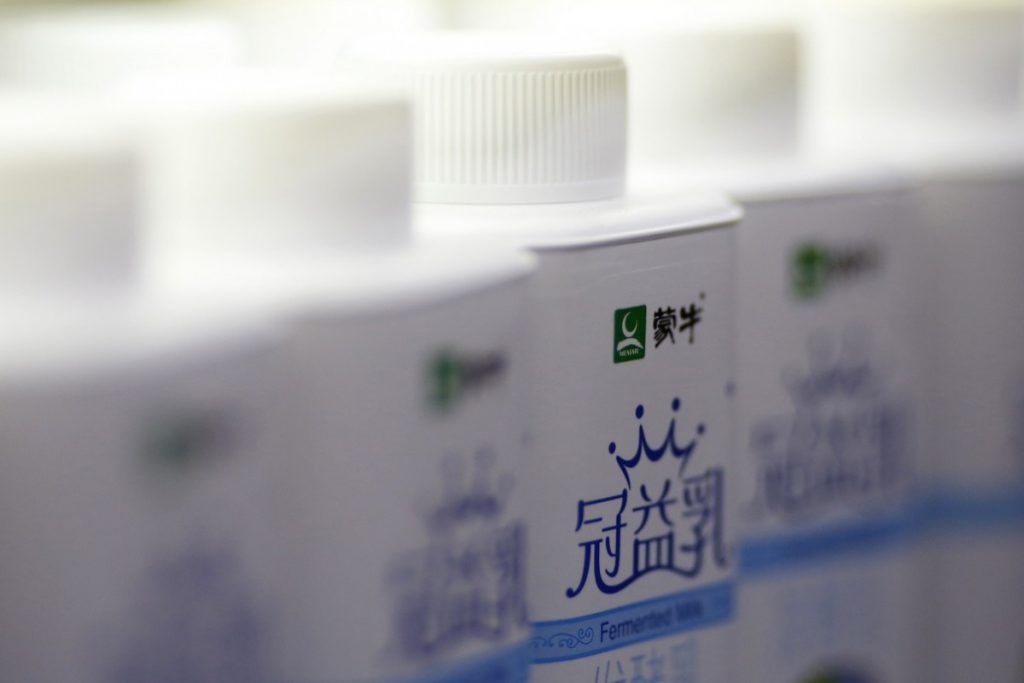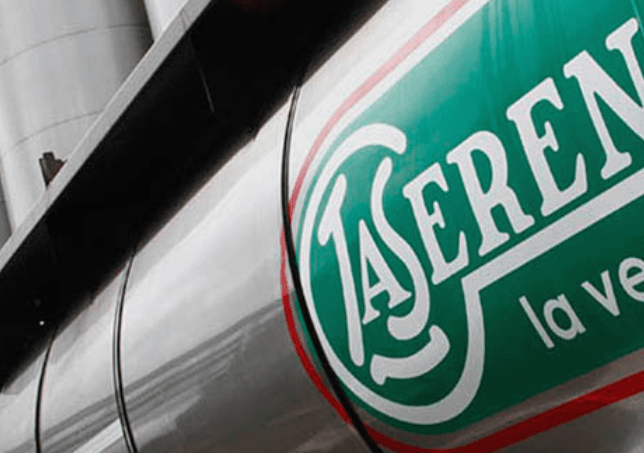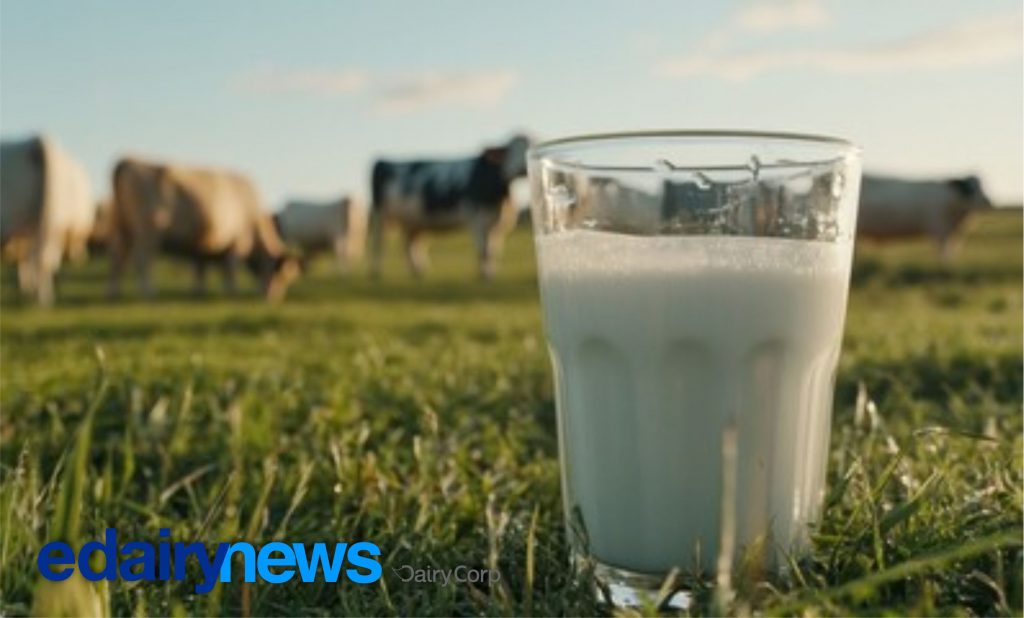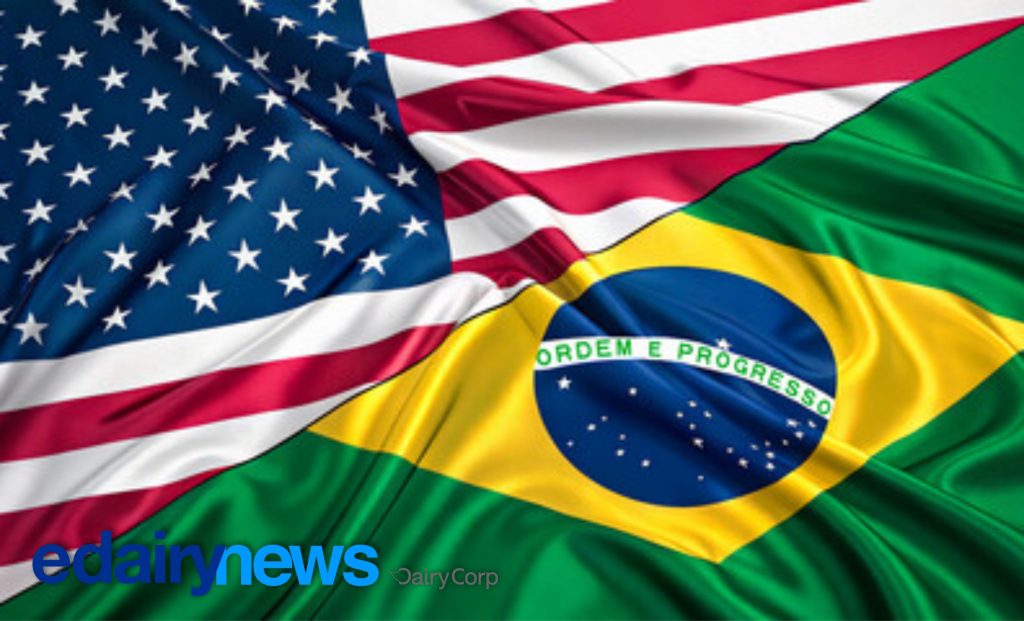This is not the first time that a bidding of a Chinese company was rejected by the treasurer citing a so-called “national interest” concern. This time, a report carried by The Australian paper on Thursday said “the ‘food security’ excuse offered is a joke.”
Earlier this year, Australia tightened its rules of foreign takeovers and thus investment proposals would now be scrutinized by the foreign investment review board, in a measure intended to protect “national interests.”
Although politicians did not actually say the move was targeted at China, an article carried by the Australian Financial Review once bluntly stated that Australian Prime Minister “Scott Morrison and Mr. Frydenberg in recent years have taken an increasingly hardline view on China-backed acquisitions.”
Those political roadblocks have dealt a blow to bilateral economic relations. According to a joint report by advisory services firm KPMG and the University of Sydney, Chinese investment in Australia fell nearly 60 percent to the lowest level in a decade last year, down from 8.2 billion Australian dollars (6 billion U.S. dollars) in 2018 to 3.4 billion (2.5 billion dollars), with only 42 deals completed in 12 months.
“Chinese companies have invested over 107 billion U.S. dollars in Australia since 2008 and this capital has been a really important contributor to economic growth locally but new investment is slowing,” said Doug Ferguson, head of Asia & International Markets at KPMG Australia and the report’s co-author.
Meanwhile, those political obstructions also backfire on Australia’s interests. After the federal government decided to ban Chinese tech giant Huawei from Australia’s 5G project, a report from Britain’s Oxford Economics said that the cost of building Australia’s 5G network is set to blow out by nearly 30 percent because of the decision.
Also, delays in building the 5G network due to the ban would translate into a hit to gross domestic product by up to 8.2 billion Australian dollars (6 billion dollars) in 2035, the report added.
Historically, since the two countries established diplomatic relations nearly five decades ago, China has become Australia’s crucial trading partner and source of foreign investment, and their economic relationship has significantly benefited businesses and people from both countries.
In the process, Australian and Chinese firms also formed a very good relationship. The latest stellar example of this is their cooperation in response to COVID-19.
Malcolm Parmenter, chief executive of Healius, said that without the equipment supplied by the medical serive firm’s Chinese partner BGI, “we wouldn’t have been able to manage the turnaround times that we have had.” Backed by its Chinese supplier, Healius has been able to complete as many as 8,000 tests a day in the Victoria State in recent weeks.
History and reality have shown that companies from both countries stand to gain from cooperation, while a political hurdle to their normal business interactions will only lead to lose-lose outcomes. This is a fact to which politicians in Canberra should wake up to.













